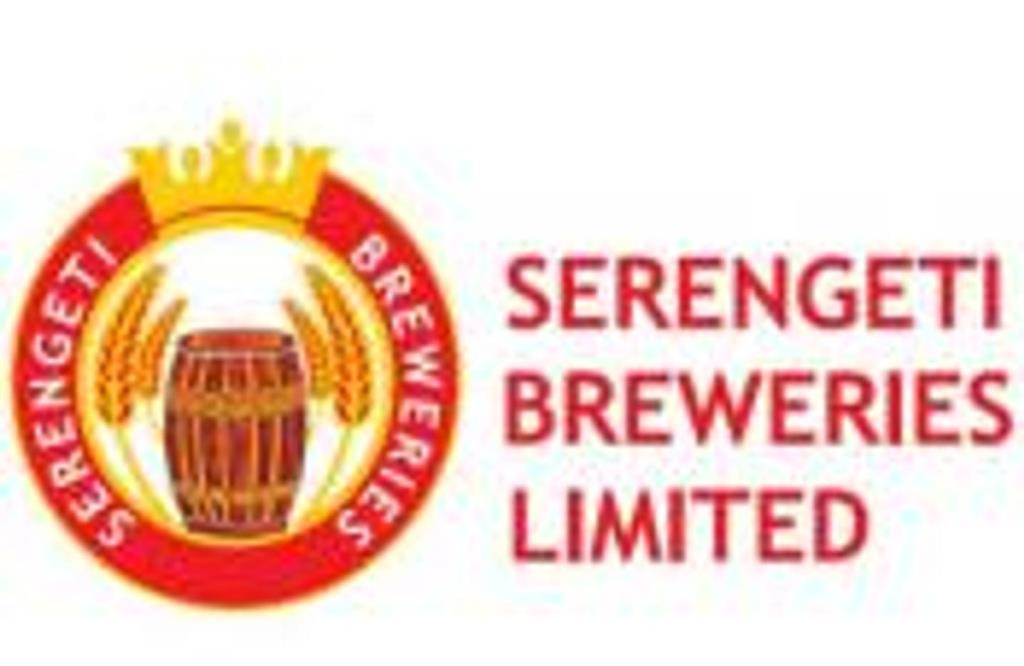Africa-Press – Tanzania. THE government is determined to disentangle the country from the scourge of poverty. In coming to terms with the vision, the government outlined the national development for 2021/25 to promote high-quality livelihood, peace, stability and unity.
It also determined to support good governance, a well-educated and learning society and a resilient and competitive economy.
The government’s efforts are abreast with multiple stakeholders to ensure abject poverty becomes a thing of the past.
On that account, some stakeholders are capitalising on their strength to engage the appropriate driving forces and life-saving programmes to create more wealth and income for the people. Serengeti Breweries Limited (SBL) has cherished this vision through out their sustainability action plan entitled, ‘Society 2030’: Spirit of Progress plan by promoting positive drinking, championing inclusion and diversity, and pioneering grain-toglass sustainability.
SBL is taking deliberate and serious measures through its Agroindustry scholarship plan termed the Kilimo Viwanda Scholarship programme – to help youth in colleges confidently adapt to the changing market and technological conditions in the regional and global economy.
Moreover, the programme aims at strengthening the existing pool of agricultural experts in Tanzania necessary for helping farmers increase productivity and, ultimately, their incomes. Over 70 students have benefited from the program in four agricultural colleges in Tanzania in Kilacha (Moshi), St. Maria Goretti (Iringa), Kaole (Bagamoyo), and Igabiro (Bukoba).
On the same note, SBL sources 80 per cent of its cereals from over 400 local farmers in Tanzania. These cereals are maize, sorghum, and barley, the essential ingredient for beer production.
The 80 per cent is equivalent to 17,000 tonnes per year, although the company has planned to increase the volume to 25,000 tonnes by 2025. Additionally, SBL’s plan is parallel to the global sustainable goal of achieving zero hunger and inclusively promoting sustainable economic growth, employment, and decent work for all.
Its success is heavily dependent on critical solutions from the food and agriculture sector. Another important SBL project is promoting access to safe and clean water to curb the water crisis that will lead to a 40 per cent shortfall by 2030 caused by a world rise in population.
Through its mother company, Diageo, signed a flagship water partnership with a UK-based Company, WaterAid, to support the goal to deliver safe access water, sanitation, and hygiene at all community levels. The project has benefited 10 million people in India and 21 countries in Africa. In Tanzania, SBL constructed 17 boreholes in eight regions since 2010, enabling women and children, especially school-going girls, to draw water from proximity.
SBL has already commissioned a 220m/- borehole at Machochwe in Serengeti that feeds 12,000 residents producing 7,500 litres of water per hour. SBL is also at the frontlines to promote quality livelihood by protecting the environment to limit climate adverse changes.
According to the SBL Managing Director, Mark Ocitti said that the company 2019 planted trees in the Same and Moshi districts to support increasing vegetation cover around Mount Kilimanjaro.
Also, the planting of a thousand trees by SBL in Dodoma this year comes when there are worldwide concerted efforts to limit greenhouse gas emissions both regionally and globally to combat climate change and guarantee a safe and protected environment for future generations.
With more than 100 states taking action to allocate budgets for gender equality, SBL through Diageo has set an industry-leading ambition to have 45 per cent representation of leaders from ethnically diverse backgrounds by 2030 and 50 per cent of all leaders being women. In the quest to ensure road safety and responsible drinking, Serengeti Breweries Limited (SBL) leads this crusade.







